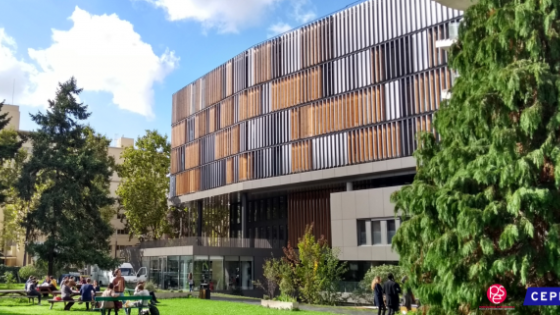DP4682 The Political Economy of Urban Transport System Choice
This paper analyzes the political economy of transport-system choice, with the goal of gaining an understanding of the forces involved in this important urban public policy decision. Transport systems pose a continuous trade-off between time and money cost, so that a city can choose a fast system with a high money cost per mile or a slower, cheaper system. The paper compares the socially optimal transport system to the one chosen under the voting process, focusing on both homogeneous and heterogeneous cities, while considering different landownership arrangements. The analysis identifies a bias toward underinvestment in transport quality in heterogeneous cities.


